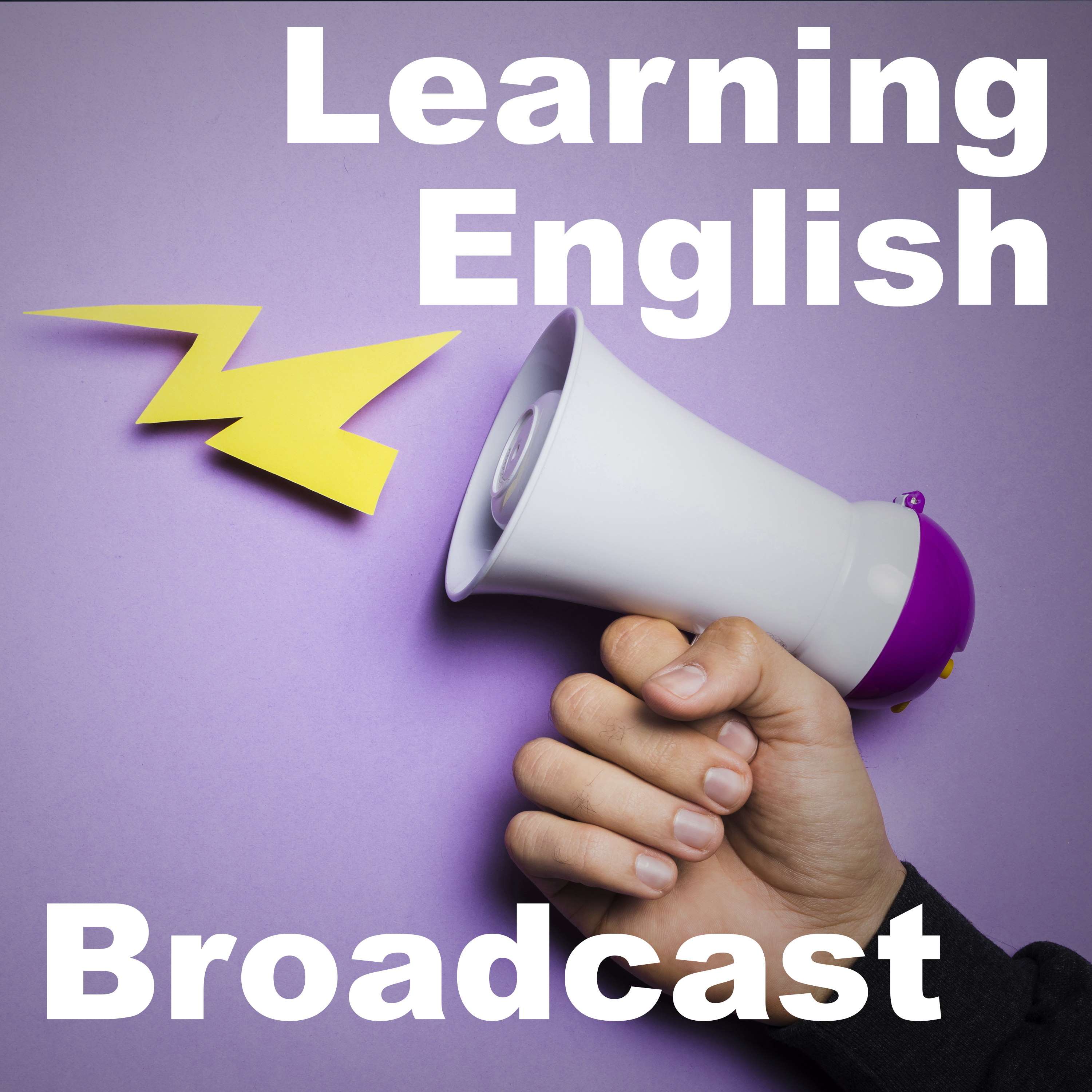Learning English Podcast - July 22, 2024
Digest
This podcast covers a variety of topics, starting with the rising popularity of Turkish TV dramas, known as "dizi," around the world. The episode explores the factors behind their success, including their focus on family, friendship, and love, as well as their use of historical and cultural settings. Next, the podcast delves into a scientific discovery: the detection of hydrogen sulfide, the chemical compound responsible for the smell of rotten eggs, in the atmosphere of a Jupiter-like planet called HD189733B. This discovery provides valuable insights into the extreme conditions and atmospheric composition of this exoplanet. Finally, the podcast shifts to a grammar lesson, focusing on reflexive pronouns and their use with prepositions of place. The episode uses a story from the "Let's Learn English" video series to illustrate the correct usage of these grammatical concepts.
Outlines

Turkish TV Dramas: Global Phenomenon
This episode explores the global popularity of Turkish TV dramas, known as "dizi," and the factors behind their success, including their focus on family, friendship, and love, as well as their use of historical and cultural settings.

Smelly Molecule Found on Jupiter-Like Planet
Scientists have discovered evidence of hydrogen sulfide, the chemical compound that gives rotten eggs their smell, in the atmosphere of a Jupiter-like planet called HD189733B. This discovery provides insights into the extreme conditions and atmospheric composition of this exoplanet.

Grammar Lesson: Reflexive Pronouns and Prepositions of Place
This lesson focuses on reflexive pronouns and their use with prepositions of place. The episode uses a story from the "Let's Learn English" video series to illustrate the correct usage of these grammatical concepts.
Keywords
Dizi
Dizi is the Turkish word for television dramas. These shows are known for their captivating storylines, strong characters, and often feature themes of family, love, and social issues.
Exoplanet
An exoplanet is a planet that orbits a star outside of our solar system. These planets are often discovered through indirect methods, such as observing the gravitational pull they exert on their host star.
Hydrogen Sulfide
Hydrogen sulfide is a colorless gas with a strong, rotten egg-like odor. It is a common compound found in natural gas and volcanic emissions.
Reflexive Pronoun
A reflexive pronoun refers back to the subject of the sentence. Examples include myself, yourself, himself, herself, itself, ourselves, yourselves, and themselves.
Preposition of Place
A preposition of place indicates the location or position of something. Examples include next to, around, near to, beside, in front of, behind, and above.
Q&A
What are some of the reasons for the global popularity of Turkish TV dramas?
Turkish TV dramas, or "dizi," have gained popularity due to their engaging storylines, strong characters, and focus on themes of family, friendship, and love. They often feature historical and cultural settings, which adds to their appeal.
What is the significance of the discovery of hydrogen sulfide on the exoplanet HD189733B?
The discovery of hydrogen sulfide on HD189733B provides valuable insights into the extreme conditions and atmospheric composition of this Jupiter-like planet. It also helps scientists understand how planets form and evolve.
How are reflexive pronouns used in English grammar?
Reflexive pronouns are used to refer back to the subject of the sentence. They are used when the action of the verb is performed by the subject on itself. For example, "She hurt herself" means that the subject, "she," performed the action of hurting on herself.
What is the rule for using reflexive pronouns with prepositions of place?
When using a preposition of place, such as "next to," "around," or "beside," we do not use reflexive pronouns after them. Instead, we use object pronouns. For example, we say "next to me," "next to you," or "next to him," not "next to myself," "next to yourself," or "next to himself."







👍🌵